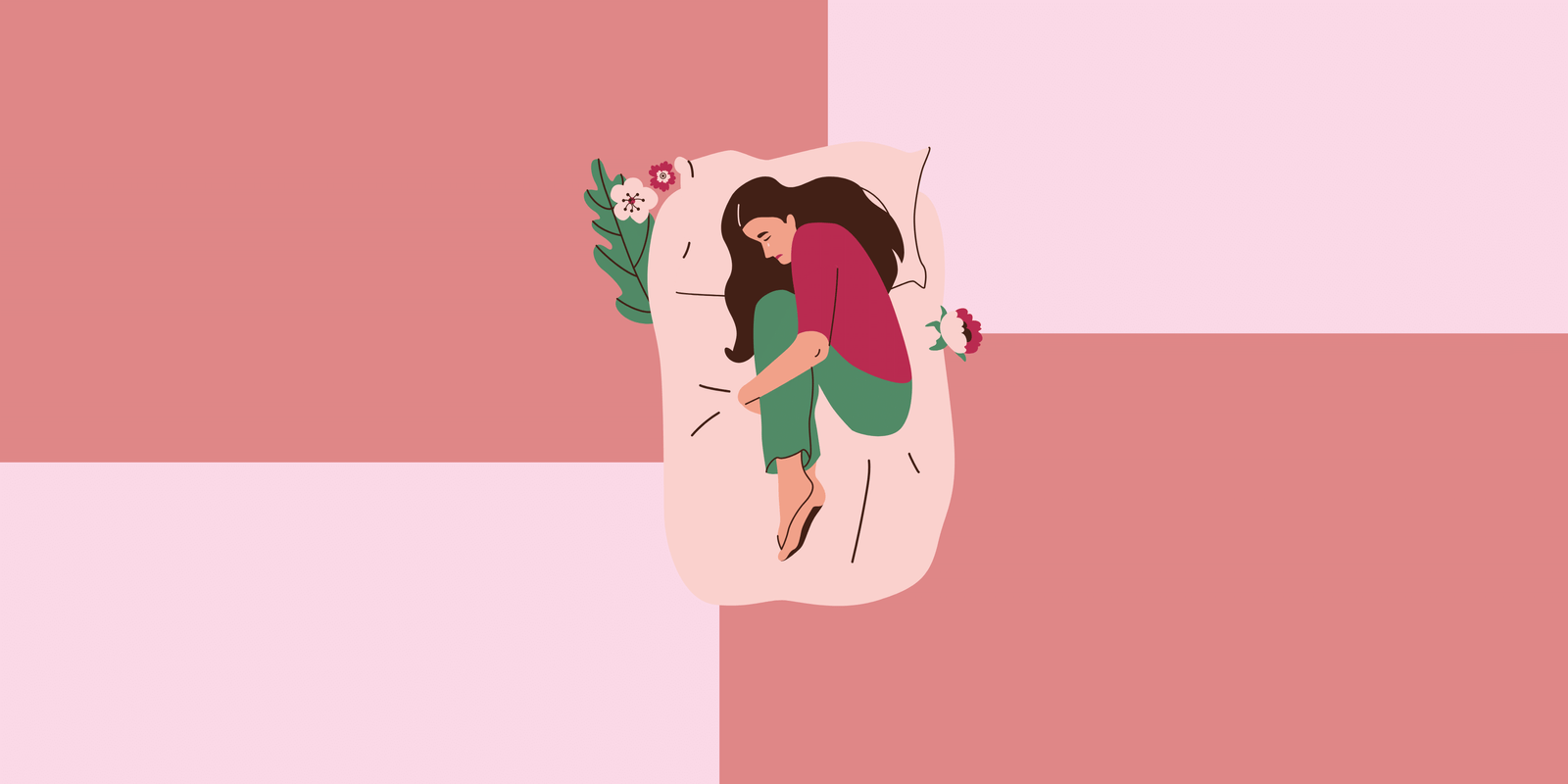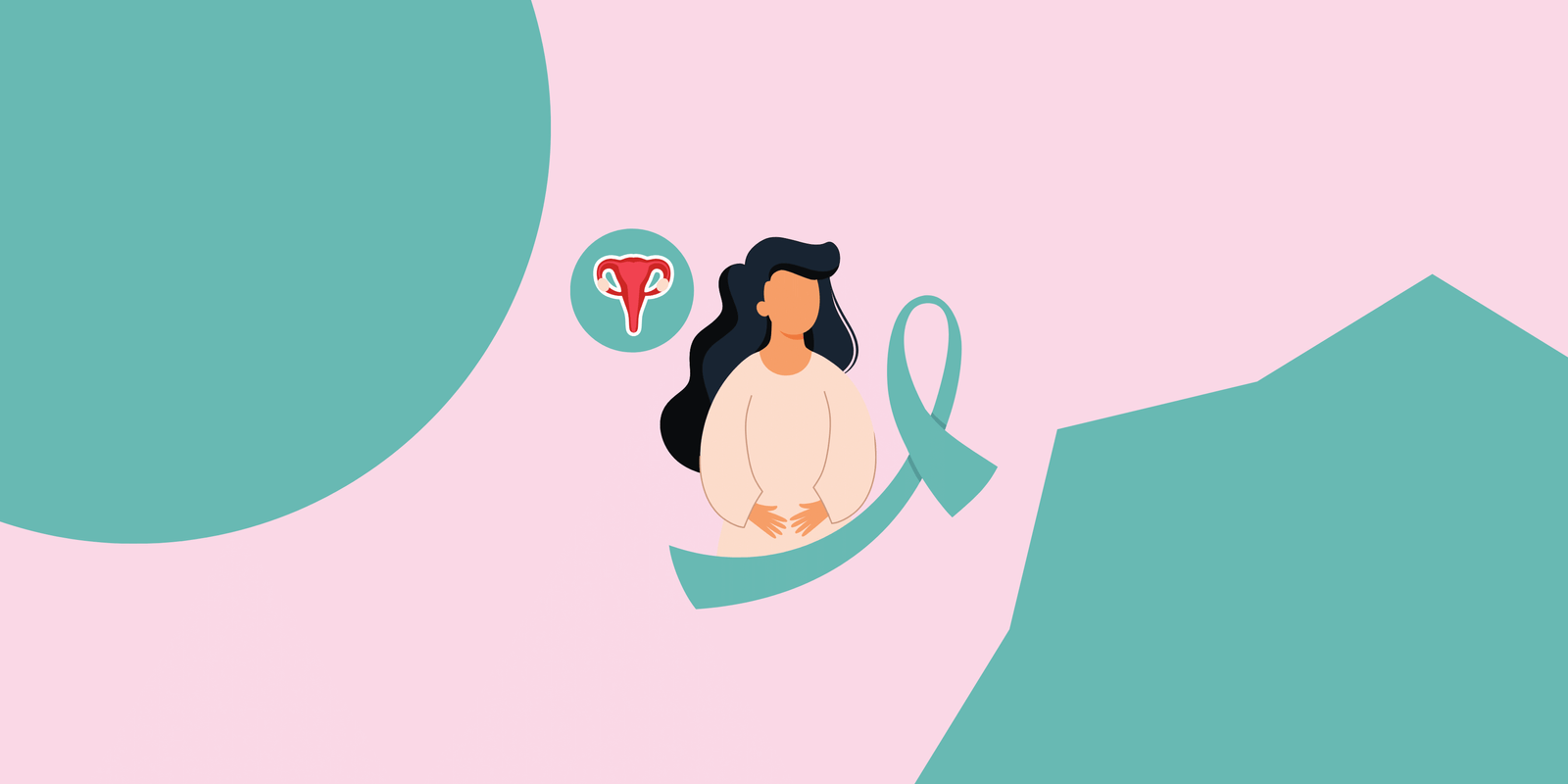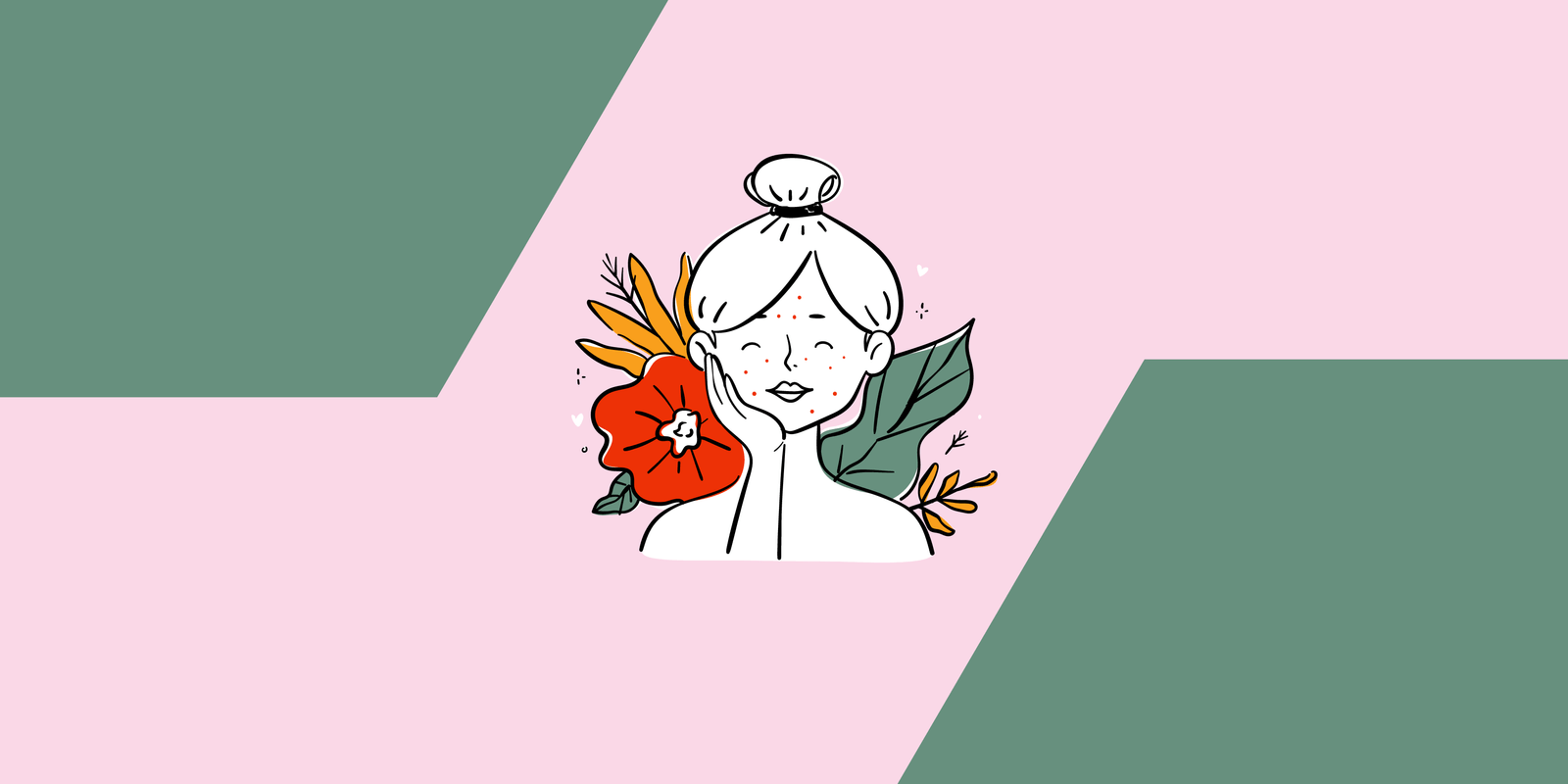Depression in Women: Recognizing Signs and Seeking Support
Have you ever felt like a dark cloud hangs over your every moment, draining the joy from even the simplest of activities? Do feelings of sadness, hopelessness, and despair seem to linger far longer than they should? If so, you're not alone. Depression is a silent struggle that affects countless women worldwide. But how can you recognize the signs of depression in yourself or someone you love, and where can you turn for support? In this comprehensive guide, we'll explore the nuances of depression in women, offering insight into its signs, causes, and avenues for seeking help. By the end of this journey, you'll gain valuable knowledge and resources to navigate depression with resilience and hope.
1. Understanding the Complexity of Depression:
- Depression is a multifaceted mental health condition that goes beyond feeling sad. It can profoundly impact various aspects of a woman's life, including her emotions, thoughts, behaviors, and physical health.
- Factors contributing to depression include hormonal fluctuations, such as those experienced during menstruation, pregnancy, or menopause. Additionally, genetic predisposition may increase susceptibility to depression, while traumatic experiences like abuse or loss can trigger or exacerbate symptoms.
- It's crucial to dispel the misconception that depression is a sign of weakness. Instead, it should be recognized as a legitimate medical condition that requires proper attention, understanding, and support from both healthcare professionals and loved ones.
2. Recognizing the Signs and Symptoms:
- Depression presents differently in each individual, but there are common signs and symptoms to be aware of. These may include persistent feelings of sadness, hopelessness, or emptiness, as well as a pervasive loss of interest or pleasure in previously enjoyed activities.
- Changes in appetite or weight, disturbances in sleep patterns (insomnia or hypersomnia), fatigue, and difficulty concentrating are also hallmark symptoms of depression.
- It's essential to pay attention to these signs, especially if they persist for an extended period or significantly interfere with daily functioning. Seeking help from mental health professionals is crucial for accurate diagnosis and appropriate treatment planning.
3. Impact on Daily Functioning:
- Depression can significantly impair a woman's ability to function in various areas of her life. Tasks that were once manageable may become overwhelming, leading to difficulties in maintaining work responsibilities, fulfilling family obligations, or participating in social activities.
- Concentration and decision-making may be compromised, affecting productivity and performance in academic or professional settings. Additionally, interpersonal relationships may suffer due to withdrawal, irritability, or decreased communication.
- Physical symptoms such as headaches, digestive issues, or chronic pain can also accompany depression, further complicating daily life and exacerbating emotional distress.
4. Cyclical Nature of Symptoms:
- Depression often follows a cyclical pattern, with periods of remission alternating with episodes of heightened symptoms. Understanding this fluctuating nature can help women anticipate and manage their condition more effectively.
- It's essential to recognize triggers or exacerbating factors that may precipitate depressive episodes, such as stressful life events, seasonal changes, or hormonal fluctuations. By identifying these triggers, women can implement proactive strategies to mitigate their impact and promote stability.
5. Social and Cultural Influences:
- Social and cultural factors can influence how depression is perceived, experienced, and addressed within different communities. Stigma surrounding mental health issues may deter women from seeking help or disclosing their struggles.
- Cultural norms regarding gender roles, emotional expression, and help-seeking behaviors can also shape how depression is understood and managed. Awareness of these cultural dynamics is essential for providing culturally competent care and support.
6. Treatment Options and Strategies:
- Various treatment modalities are available for managing depression, including psychotherapy, medication, and lifestyle interventions. Cognitive-behavioral therapy (CBT) and interpersonal therapy (IPT) are commonly used therapeutic approaches.
- Antidepressant medications, such as selective serotonin reuptake inhibitors (SSRIs) or serotonin-norepinephrine reuptake inhibitors (SNRIs), may be prescribed to alleviate symptoms. It's important to work closely with a healthcare provider to find the most suitable treatment plan.
- Lifestyle modifications, including regular exercise, healthy eating, stress management techniques, and social support, can complement formal treatment and promote overall well-being.
7. Long-Term Management and Relapse Prevention:
- Managing depression is often an ongoing process that requires long-term commitment and diligence. Developing a comprehensive relapse prevention plan can help women anticipate and mitigate potential setbacks.
- This plan may include strategies for self-care, stress management, medication adherence, and maintaining social connections. Regular follow-up appointments with healthcare providers can help monitor progress and adjust treatment as needed.
- Engaging in activities that foster resilience, such as building a supportive network, engaging in hobbies or interests, and practicing mindfulness, can enhance coping skills and reduce the risk of relapse.
8. Educational Resources:
- Accessing reliable information about depression can empower women to understand their condition and make informed decisions about their health. Online resources, reputable websites, and educational materials provided by mental health organizations can offer valuable insights into depression, its symptoms, and available treatment options.
- Psychoeducational programs and workshops focused on mental health literacy and self-management skills can also enhance women's understanding of depression and equip them with practical tools for coping and recovery.
9. Peer Support Networks:
- Connecting with peers who have experienced or are currently experiencing depression can provide a unique source of empathy, validation, and encouragement. Peer support groups, both online and in-person, offer a safe space for sharing experiences, exchanging coping strategies, and fostering mutual understanding.
- Hearing stories of recovery and resilience from others who have walked a similar path can instill hope and reduce feelings of isolation. Peer support networks reinforce the message that women are not alone in their struggles and that healing is possible with support and perseverance.
10. Holistic Approaches:
- In addition to traditional treatment modalities, exploring holistic approaches to mental health can complement conventional therapies and promote overall well-being. Practices such as yoga, meditation, art therapy, and acupuncture may provide women with alternative avenues for self-expression, stress reduction, and emotional healing.
- Incorporating holistic approaches into a comprehensive treatment plan allows women to address the interconnectedness of mind, body, and spirit in their healing journey. These practices can enhance self-awareness, foster relaxation, and cultivate a sense of balance and harmony.
11. Advocacy and Activism:
- Advocating for mental health awareness and policy reform can create systemic change and improve access to resources for women with depression. Participating in advocacy efforts, supporting mental health organizations, and sharing personal experiences can contribute to reducing stigma and promoting equitable access to care.
- By raising awareness about the prevalence and impact of depression, advocating for destigmatization, and lobbying for improved mental health services, women can be agents of change in their communities and beyond. Empowering individuals to speak up and demand better support for mental health benefits society as a whole.
10. Mind-Body Connection:
- Recognize the intricate relationship between physical and mental health.
- Engage in activities promoting physical well-being like exercise, balanced nutrition, and adequate sleep.
- Integrate holistic approaches addressing mental and physical health to support overall wellness.
11. Journaling and Self-Reflection:
- Explore thoughts and emotions through journaling for therapeutic expression.
- Write down experiences, express gratitude, and set goals to foster self-awareness.
- Regular self-reflection aids in identifying triggers, tracking progress, and nurturing self-compassion.
12. Creative Expression:
- Engage in creative activities such as art, music, writing, or gardening.
- Use creative expression as an outlet for processing emotions and fostering self-expression.
- Explore creativity to spark joy and inspire a renewed sense of purpose.
13. Psychoeducation for Loved Ones:
- Educate family members, friends, and partners about depression and its impact.
- Provide information about effective communication strategies and ways to offer practical assistance.
- Strengthen relationships and create a supportive environment conducive to healing and recovery.
14. Crisis Preparedness:
- Develop a personalized crisis plan and identify trusted contacts.
- Familiarize oneself with crisis intervention resources such as hotlines or mental health services.
- Empower women to proactively plan for crises, enhancing their sense of safety and preparedness.
15. Cultivating Meaning and Purpose:
- Identify and pursue activities bringing meaning and purpose into life.
- Engage in volunteer work, pursue hobbies, or set meaningful goals aligned with personal values.
- Cultivate a sense of purpose to provide motivation, direction, and overall well-being despite depression challenges.
In navigating the complexities of depression, it's imperative for women to arm themselves with knowledge, resilience, and a proactive approach to seeking help. Depression isn't merely feeling sad—it's a multifaceted condition that impacts various aspects of life, stemming from biological, psychological, and environmental factors. Understanding its signs, impact, and available avenues for support is essential for effective management and recovery.
1. Educate Yourself: Access reliable information about depression through reputable sources and mental health organizations. Understand the signs, causes, and treatment options available, empowering yourself with knowledge to make informed decisions about your health.
2. Seek Support: Don't hesitate to reach out for help from mental health professionals, support groups, or loved ones. Therapy, medication, and lifestyle interventions are effective tools for managing depression, and seeking support is a sign of strength, not weakness.
3. Cultivate Resilience: Prioritize self-care, set boundaries, and cultivate positive relationships to build resilience in the face of depression. Engage in activities that bring meaning and purpose into your life, fostering a sense of empowerment and hope.
4. Advocate for Change: Be an advocate for mental health awareness and destigmatization. Share your experiences, participate in advocacy efforts, and support policies that improve access to mental health resources for women with depression.
5. Embrace Holistic Approaches: Explore holistic practices such as yoga, meditation, and creative expression as complementary tools for mental well-being. Recognize the mind-body connection and incorporate practices that promote overall wellness into your daily routine.







